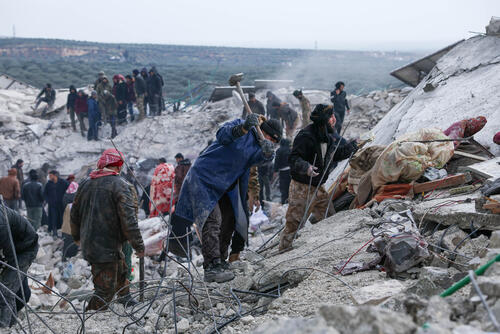Following 11 years of war, a record 14.6 million people need humanitarian assistance in Syria. It is the country with the largest number of internally displaced people in the world, with 6.9 million IDPs, most of whom are women and children. Many have been displaced repeatedly and live in precarious conditions.
MSF operates in Syria where we can, but ongoing insecurity and access constraints continue to severely limit our ability to provide humanitarian assistance that matches the scale of the needs. Our repeated requests for permission to operate in areas controlled by the Syrian Government have not been granted.
In areas where access could be negotiated, such as northwest and northeast Syria, we run and support hospitals and health centres, and we provide healthcare through mobile clinics.
Our teams in northwest Syria are currently responding to the earthquakes.
Why are we here?

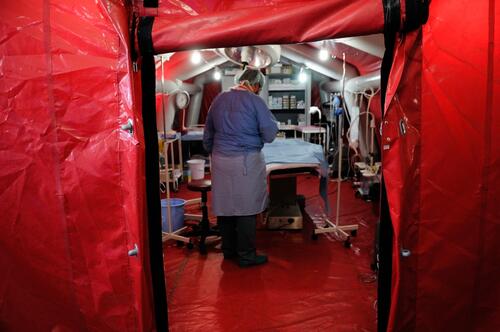
We see people in the camps suffering from poor living conditions and an overall lack of humanitarian assistance, mental health support or access to vaccinations. Supporting hospitals, basic healthcare centres and mobile clinics in displacement camps are also a central part of our response. Due to the poor living conditions in the region, injuries from domestic accidents are also frequent. We run a specialised surgical burns unit in northwest Syria to respond to such injuries.
Learn more
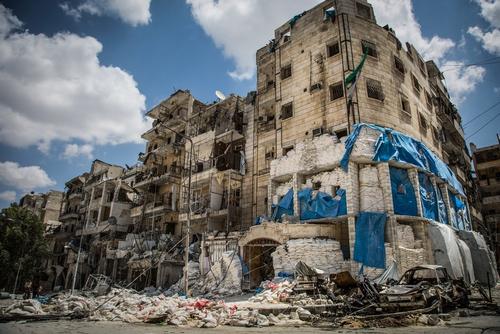
What used to be a functional health system in Syria has been devastated by the conflict. Hundreds of medical facilities have been bombed, medical staff have been killed, detained or have fled, and supplies are lacking. Syrian health staff have been forced to improvise operating theatres and work in deplorable conditions, overwhelmed by emergencies. Over the past decade, we have not only dealt with mass casualties and acute emergencies but also the resurgence of preventable diseases.

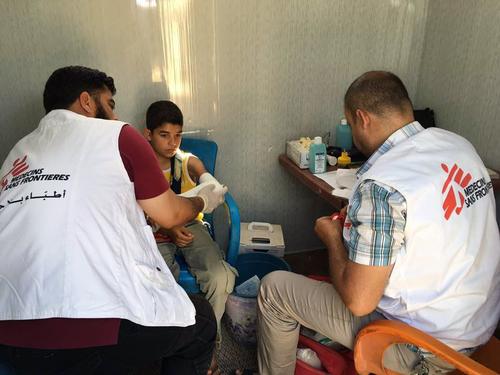
An estimated 6.9 million people remain internally displaced in Syria. Most people who have fled violence live in camps, improvised shelters or with host families. The 11 years of conflict, the COVID-19 pandemic and a severe economic crisis have further aggravated their vulnerability. Most people living in displacement camps have suffered from repeated displacement. Many suffer poor living conditions, psychological trauma and a lack of access to medical care. In some of these camps, we provide healthcare and mental health support through mobile clinics as well as water, sanitation and hygiene (WASH) services.

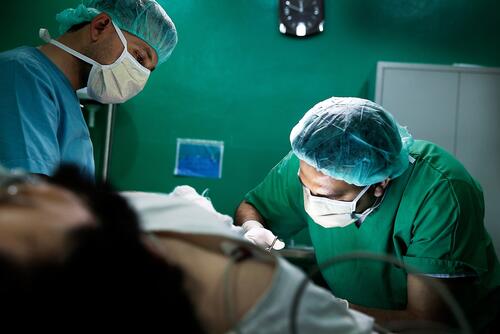
As the conflict escalated in the early years of the Syrian war, so did the crackdown on medical assistance for people in areas that were not under the control of the Syrian Government. In areas we can’t access, we have tried to maintain a system of distance support to medical facilities and networks of medics. Over the years, we supported underground medical networks.

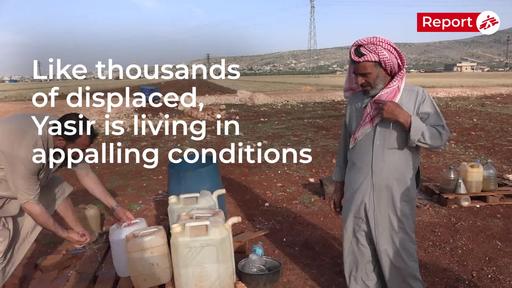
Given the volatility of the Syrian context, our teams are ready to respond to various emergencies, from mass casualties to displacement and outbreaks. Throughout the years, we have diversified our activities in the country, from trauma care, vaccination campaigns, maternity care and mental health support.
Our activities in 2022 in Syria
Data and information from the International Activity Report 2022.
765
765
€36.6 M
36.6M
2009
2009
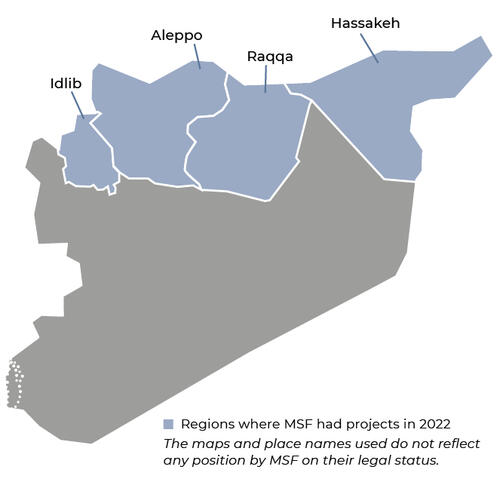

185.3M
185.3M
1,017,900
1,017,9
102,900
102,9

33,500
33,5
29,400
29,4
13,900
13,9

10,700
10,7
7,700
7,7
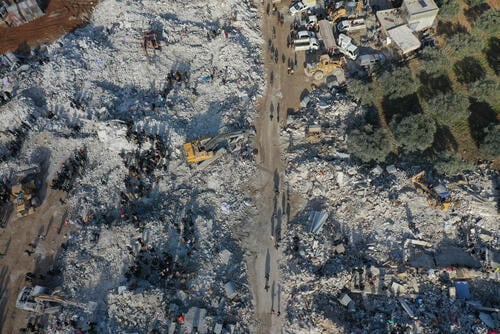
One year after earthquake, mental scars are still raw in Syria

Unveiling the mental health crisis at Al-Hol Camp in northeast Syria
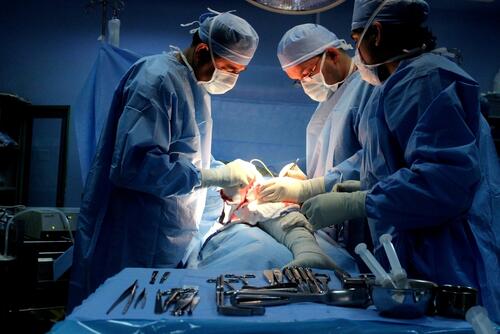
Rebuilding hope: From war-torn Baghdad to healing lives in Amman
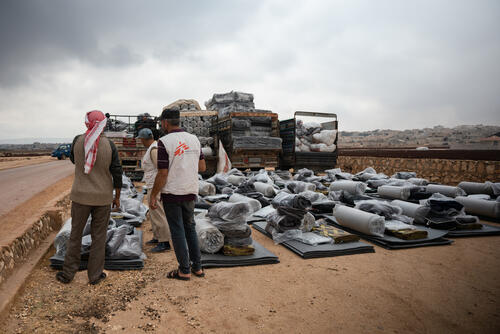
As winter approaches in Syria, people in camps burn shoes for warmth
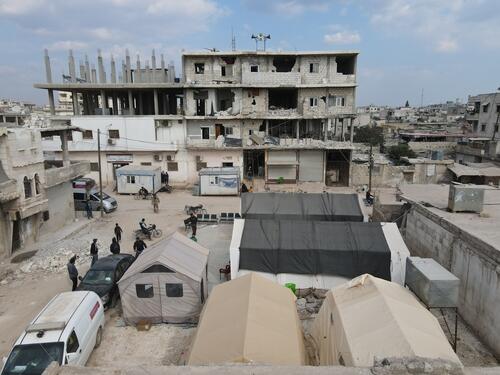
Six months of humanitarian action after earthquakes in northwest Syria
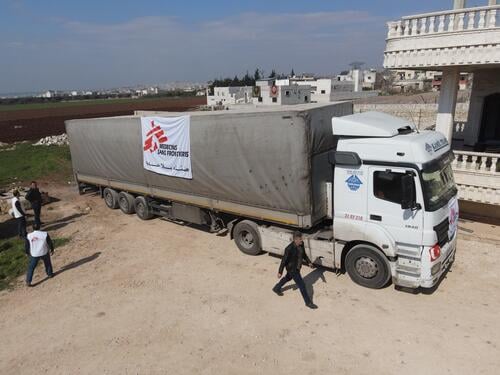
UN Security Council fails Syrian people with cross-border resolution collapse
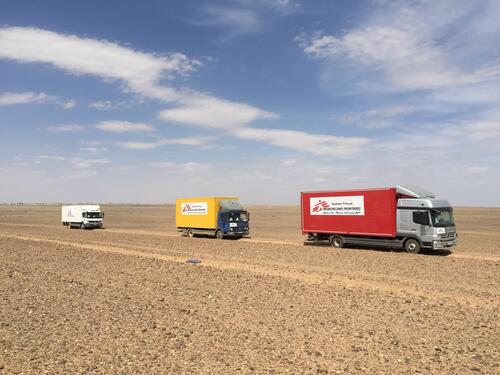
The humanitarian isolation of northwest Syria must be prevented
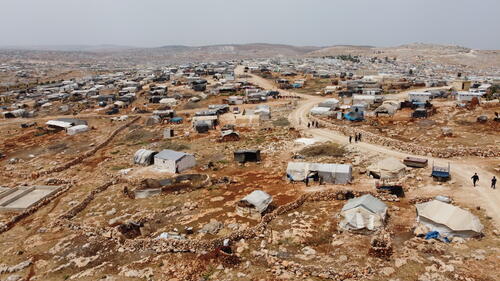
Inadequate water and sanitation pose health threats in Syria
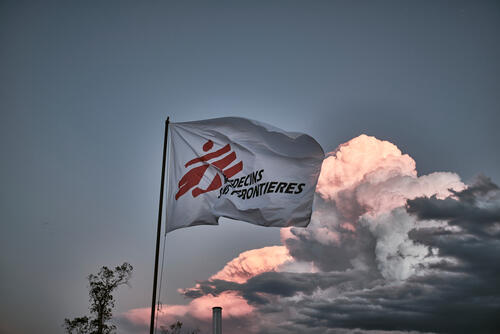
MSF delegation in Damascus to deliver additional relief aid
Reports and Analysis

Between two fires: Danger and desperation in Syria’s Al-Hol camp
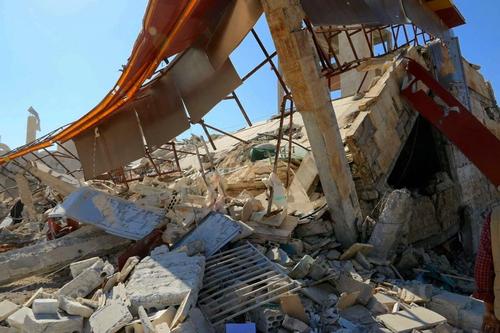
Report documents war wounded and war dead in MSF-supported medical facilities in Syria
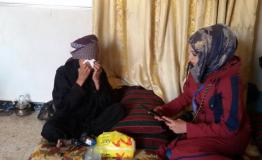
MSF reports show more assistance is needed to meet healthcare needs
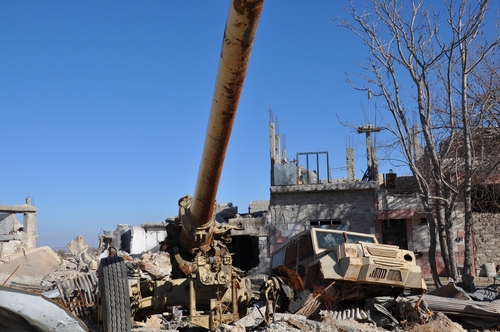
Explosive devices have deadly impact on people fleeing or returning home
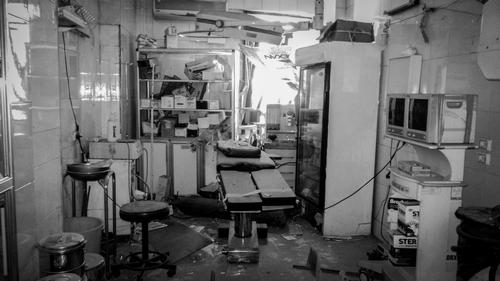
Changes in medical practice in Syria
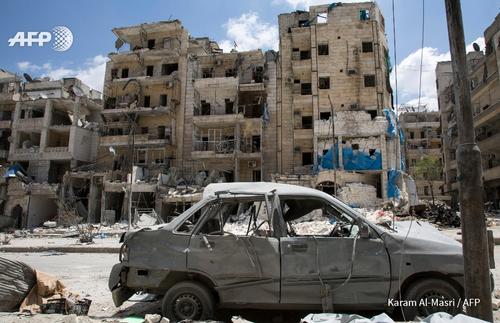
Review of attack on Al Quds Hospital Aleppo City
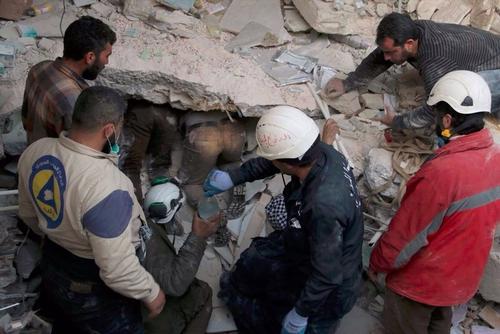
Our bombs are smarter than yours
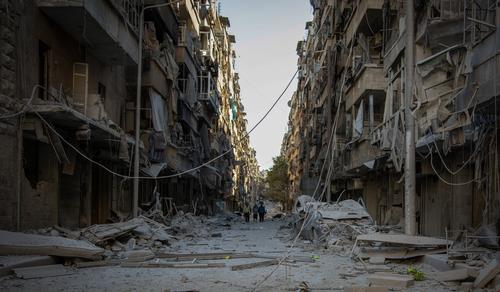
Aleppo’s reality - Daily life under barrel bombs
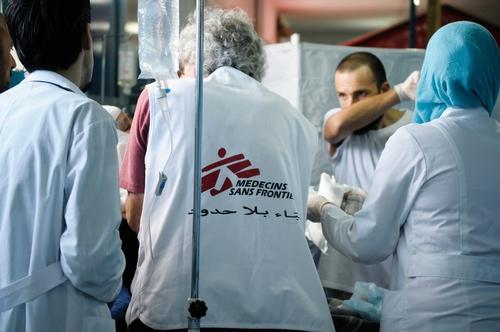
Aleppo: Medical Aid Besieged





